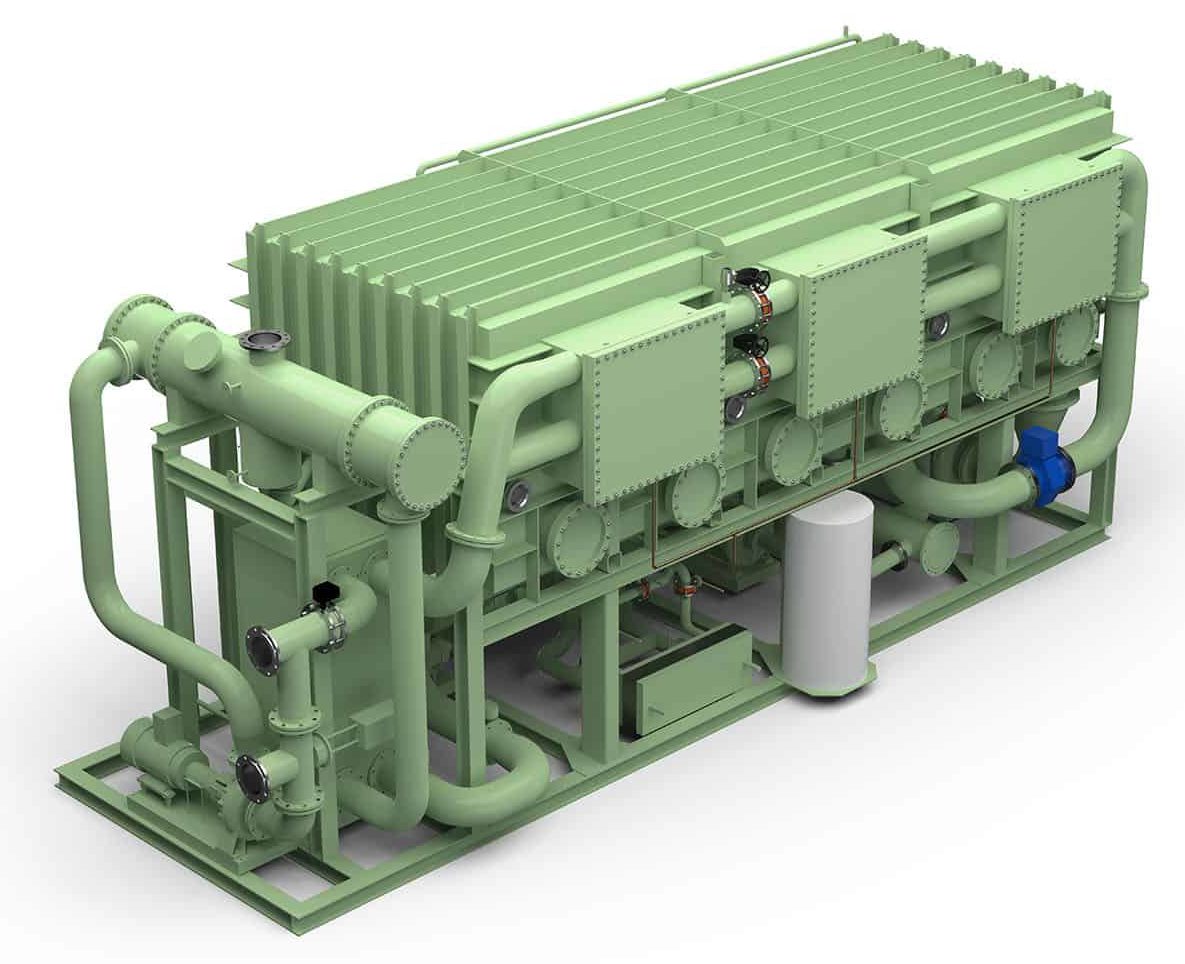Personal Fuel Consumption and the Environment
There are many ways to reduce the impact fuel consumption has on the environment and improve our ways of living. Many of these methods are simple, easy adjustments that you may barely notice but could have a huge, positive impact on the environment!
What is Fuel Consumption?
The first thing to fully understand is what exactly fuel consumption means to begin to rethink the way we use fuel every day. Fuel consumption means the amount of energy that is needed to complete an action.
This can include anything from driving to work to running errands - and you may be contributing to fuel consumption without even realizing it. On a personal level, individuals' actions impact fuel consumption through four distinct categories: private transportation, food, shopping, and travel.
Let's explore each of those, in turn, to see where we can work to reduce fuel consumption and positively impact our environment!
Personal Transportation
Whether you are driving the kids to school in the morning or going grocery shopping, the fuel you use in your vehicle contributes to fuel consumption.
It is second nature to hop in the car and head off to their destination every day for many people. We have to go to work, get the kids to school, run errands, and do many other things that may require vehicle transportation.
How can we reduce the amount of fuel we consume daily when there are places we need to go and things we need to do?
There are a few ways to reduce your fuel consumption while driving. Conserve gas when in motion by coasting downhill and remove excess weight from your trunk to improve fuel efficiency.
If possible, try to organize a carpool with co-workers or your children's classmates. Rather than bringing their child to school every day, every parent takes turns bringing a group in one car.
Take public transportation or ride a bike, if possible, to work or run errands, and try to remember not to let your car idle for more than 10 seconds. Turn the car off to save emissions.
Food
For most people in the United States, a weekly (at least) trip to the grocery store is relatively standard. Chain groceries and other big-box retailers make it very convenient to shop for everything you need in one place, but this is often at a high fuel consumption rate.
The grocery items at these groceries likely have many "food miles" on them because they have been delivered from places all over the country.
Consider buying locally-made organic food and shopping at locally-owned grocery stores, farmer's markets, or co-ops to reduce this fuel consumption. Organic farming uses less energy than conventional or industrial farms.
Meat production also uses a high level of fuel and energy, so it is recommended to reduce the amount of meat you consume. Trying to grow your vegetables and herbs and planning out your weekly meals can also reduce the number of times you have to go to the grocery store.
Shopping
Shopping has never been easier than it is in our modern era. Online shopping provides consumers with an easy way to buy the items they need or shop for loved ones on special occasions without ever leaving the house - this can be great for personal fuel consumption.
Still, just like "food miles," those packages have to be shipped from across the country or the world. When shopping, consider opting for slower shipping methods and bundling multiple items in the same delivery to increase your positive impact.
This prevents excess fuel to be used for the practical delivery of individual items. If you're out running errands, that is a great reason to tackle an in-store pickup rather than delivery for an item or be able to shop at a local store where the products likely have reduced fuel consumption for their production.
Travel
Traveling, exploring new places, and seeing extraordinary things can be fun, but travel fuel consumption can be relatively high. When traveling, reduce your fuel consumption and take some extra time to plan your trip in more eco-friendly ways.
Flying direct rather than layovers reduces the fuel used in takeoff and landing, staying close to home and exploring the places around you can be fun and less fuel-intensive, renting a hybrid or electric vehicle eliminates most of your need for fuel, and opting to take the train rather than a car is very eco-friendly.
Avoid cruises since they emit more CO2 per passenger per kilometer than commercial flights, and utilize public transportation at your destination to save fuel.
Take The Quiz!
Sustainable America, an environmental non-profit organization with the mission to make the nation's food and fuel systems more efficient and resilient, recently featured the Watt Watchers of Texas program.
They have also developed a short, easy quiz that can help you identify ways that you can work to reduce your fuel consumption. The quiz covers the four categories discussed above and asks simple questions based on your typical activities for those categories.
When you are done, the quiz will show you your least impact on fuel consumption and where you consume the most. Sustainable America also has even more tips for you to try as you work to be more fuel-efficient to help reduce the impact on the environment.
Take the quiz here, and help save more by using less fuel.
